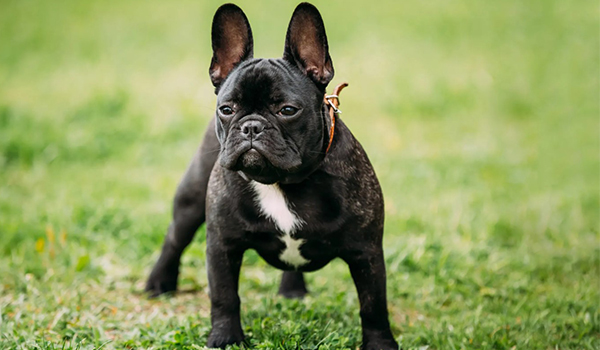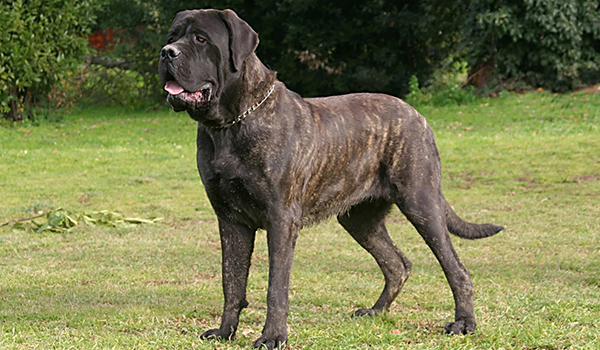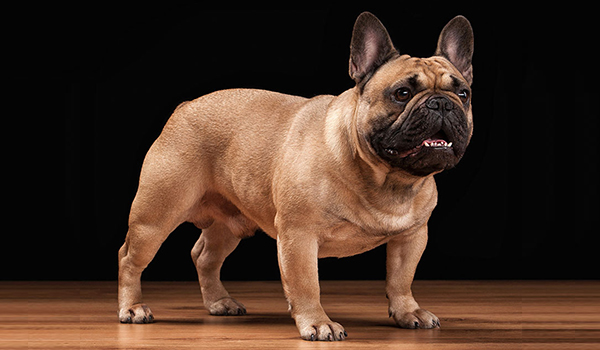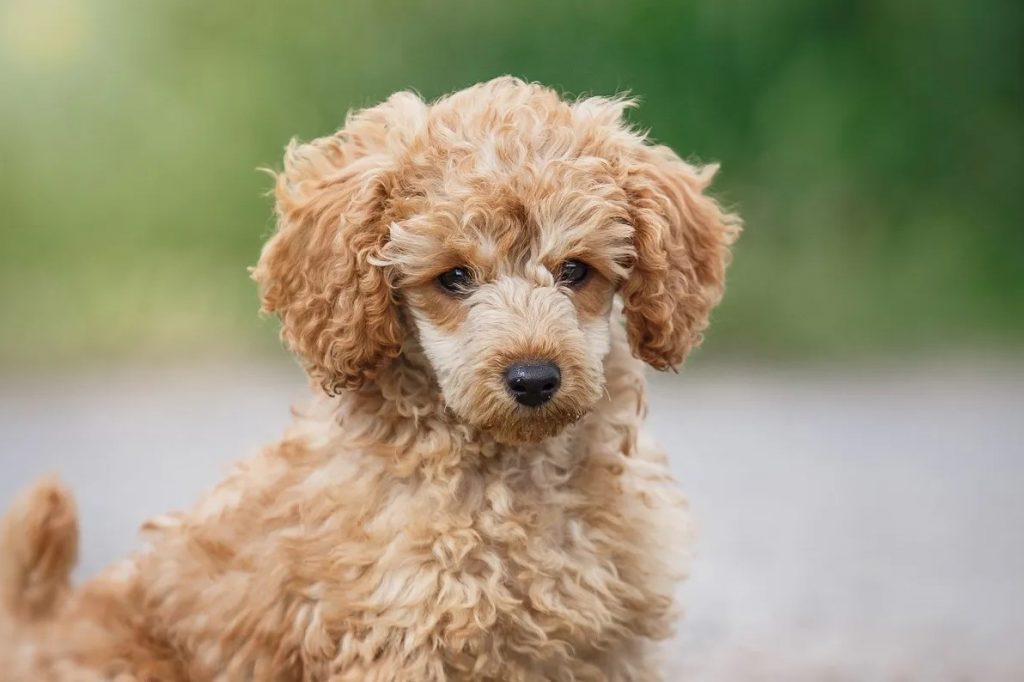
The Toy Poodle is the epitome of intelligence, elegance, and charm in a compact, portable package. As the smallest variety of the renowned Poodle breed, they offer the same brilliant mind and hypoallergenic coat as their larger counterparts, but in a size perfect for apartment living and city life. Far more than just a pretty face with a fancy haircut, the Toy Poodle is a dynamic and trainable companion that thrives on mental stimulation and human partnership.
This comprehensive guide will explore everything a future owner needs to know about the Toy Poodle to help you decide if this clever and affectionate breed is the right fit for your lifestyle.
Breed Overview
- Group: Toy
- Height: 10 inches and under (at the shoulder)
- Weight: 4 – 6 pounds
- Life Span: 10 – 18 years
- Coat: Curly, dense, and single-coated. It is hypoallergenic and low-shedding, but requires extensive grooming. It comes in a wide variety of solid colors, including white, black, apricot, silver, and brown.
A Brief History: Bred Down for Companionship
The Poodle is originally a German water retriever (the name comes from the German “Pudel,” meaning “to splash in water”), with the Standard Poodle being the oldest of the three varieties. The Miniature and Toy Poodles were bred down from the Standard to fulfill specific roles in European society.
The Toy Poodle was developed in 18th-century England to be the ultimate lapdog and companion for nobility and wealthy city dwellers. Their small size, intelligence, and hypoallergenic coat made them perfectly suited for a life of luxury and companionship. Despite their tiny stature, they retain the athleticism, intelligence, and working drive of their larger ancestors.
The Toy Poodle Temperament: A Big Dog in a Small Body
The Toy Poodle’s personality is a remarkable blend of sharp intellect and playful affection. They are known for being alert, active, and deeply bonded to their owners.
- Exceptionally Intelligent & Trainable: Ranked among the most intelligent of all dog breeds, Toy Poodles are incredibly quick to learn and eager to please. They excel in obedience, agility, and are fantastic trick dogs. A bored Poodle will find its own, often mischievous, entertainment.
- Alert & Perceptive: They are highly aware of their surroundings and make excellent watchdogs, alerting you to anything unusual with a sharp bark. This can lead to excessive barking if not managed with training.
- Affectionate & People-Oriented: They form intense, devoted bonds with their families and thrive on human interaction. They are true companions that want to be involved in everything you do.
- Playful & Energetic: Despite their lapdog origins, they have a surprising amount of energy and enjoy playtime, walks, and learning new things.
- Sensitive & Intuitive: They are highly attuned to their owner’s moods and emotions. They respond best to positive reinforcement and a gentle, predictable household.
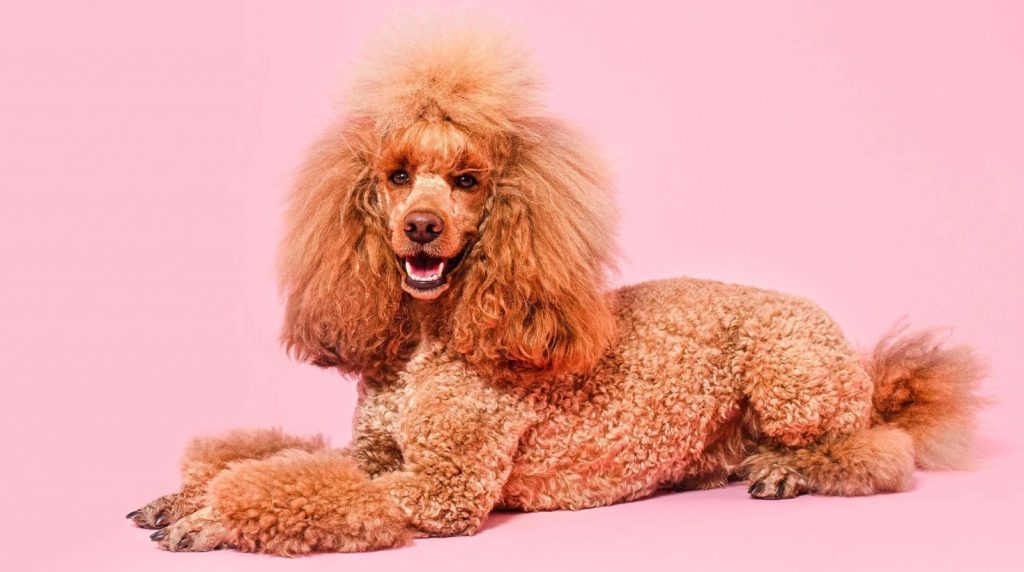
Caring for Your Toy Poodle
Exercise: Small Body, Active Mind
Their exercise needs are manageable but must include a strong mental component.
- Daily Requirements: 20-30 minutes of daily activity is sufficient. This should include short walks and active indoor play sessions.
- Mental Stimulation: This is non-negotiable. Their intelligent mind requires daily challenges through puzzle toys, training sessions, and interactive games to prevent boredom and associated behavioral issues like nuisance barking or anxiety.
Grooming: A Significant Commitment
This is the most demanding aspect of Toy Poodle ownership. Their unique, continuously growing coat does not shed but requires constant upkeep.
- Professional Grooming: Essential every 4 to 6 weeks. Whether you keep them in a simple “puppy clip” or an elaborate show cut, their hair must be regularly clipped to prevent matting.
- At-Home Brushing: Brushing every other day, if not daily, is required to prevent mats and tangles, which can form close to the skin and become painful. A slicker brush and metal comb are essential tools.
- Other Needs: Regular ear cleaning (their hairy, floppy ears are prone to infection), daily teeth brushing (Toy breeds are extremely prone to dental disease), and nail trimming.
Training: A Joyful Partnership
Training a Toy Poodle is typically a rewarding experience due to their intelligence, but it requires consistency.
- Start Early: Begin socialization and training immediately. Their sharp minds are always learning, so providing structure and positive experiences from the start is key to preventing “small dog syndrome” (developing spoiled, fearful, or aggressive behaviors).
- Housetraining: This can be challenging due to their small bladder size. A strict, consistent schedule with positive reinforcement is essential. Many owners use puppy pads as a reliable backup.
- Use Positive Reinforcement: They are sensitive and respond brilliantly to reward-based training with small, tasty treats, praise, and play.
- Keep it Challenging: They master basic commands quickly and need new challenges to stay engaged.
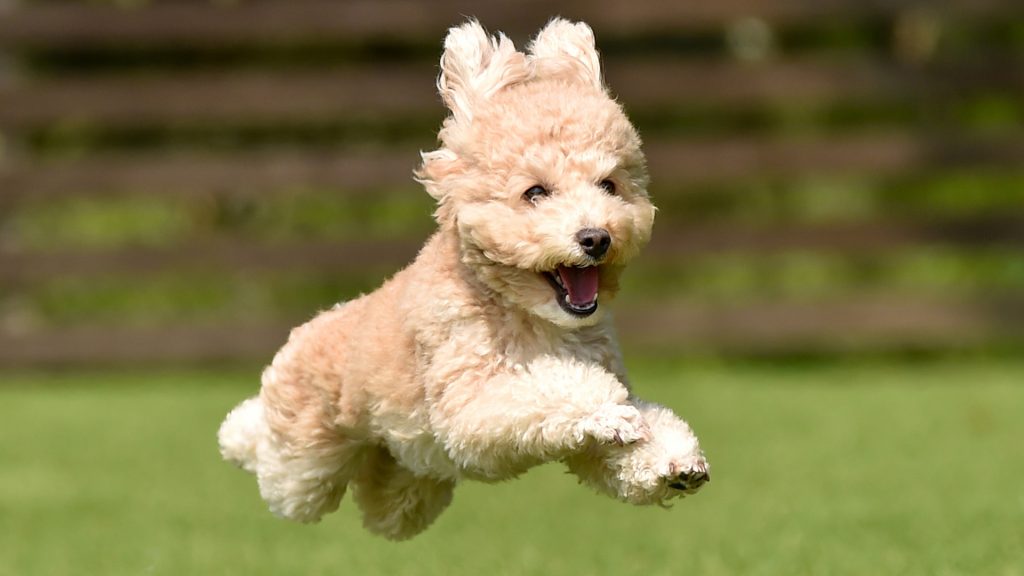
Health: What to Be Aware Of
Toy Poodles are generally long-lived, but their tiny size makes them prone to specific issues.
- Dental Problems: This is the number one health concern. Their small mouths lead to severely crowded teeth, making them highly prone to plaque, tartar, and early tooth loss. Daily teeth brushing and regular veterinary dental cleanings are non-negotiable.
- Luxating Patella: A very common condition in toy breeds where the kneecap slips out of place. It can range from mild to severe, sometimes requiring surgery.
- Tracheal Collapse: A condition characterized by a honking cough. It is managed by using a harness instead of a collar for walks to avoid pressure on the neck.
- Eye Disorders: Such as Progressive Retinal Atrophy (PRA).
- Hypoglycemia: Low blood sugar can occur, especially in very small or young puppies. It’s important to feed them small, frequent meals.
Is a Toy Poodle Right For You?
A Toy Poodle might be your perfect match if you:
- Want a highly intelligent, trainable, and hypoallergenic companion.
- Live in an apartment or have limited space.
- Have the time and budget for a rigorous grooming routine.
- Enjoy teaching tricks and engaging in activities with your dog.
- Are looking for a loyal, affectionate “velcro” dog.
You might want to reconsider if you:
- Want a low-maintenance, wash-and-wear breed.
- Are unprepared for the significant financial commitment of professional grooming.
- Have very young children who might accidentally injure such a small dog.
- Are away from home for long hours regularly.
- Are frustrated by a sharp, alert bark.
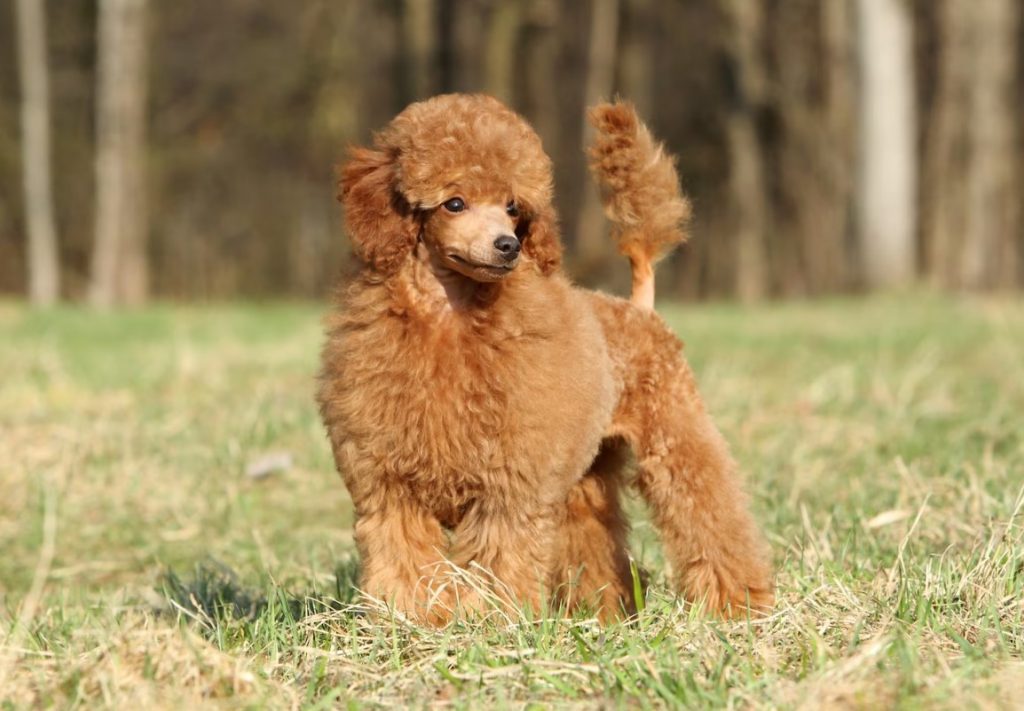
Finding Your Toy Poodle
- Reputable Breeders: Choose a breeder who prioritizes health, temperament, and a robust size (avoiding “teacup” Poodles). They should perform health tests on their breeding dogs (patella evaluations, eye exams) and be knowledgeable about the breed’s needs.
- Rescue & Shelters: Poodle-specific rescues often have Toy Poodles available. Many dogs end up there because owners were unprepared for their grooming or mental stimulation needs.
Understanding the Cost: The initial purchase price from a reputable breeder typically ranges from $1,500 to $3,000+. The larger ongoing cost is professional grooming, which can be $60-$100+ every 4-6 weeks for life. Budget for high-quality food, training, and preventative healthcare, especially dental care.
Bringing a Toy Poodle into your life means committing to a brilliant, elegant, and lively partner. In return for your dedication to their physical and mental needs, you will gain an unbelievably devoted companion whose intelligence, humor, and affection will enrich your life for many years.

